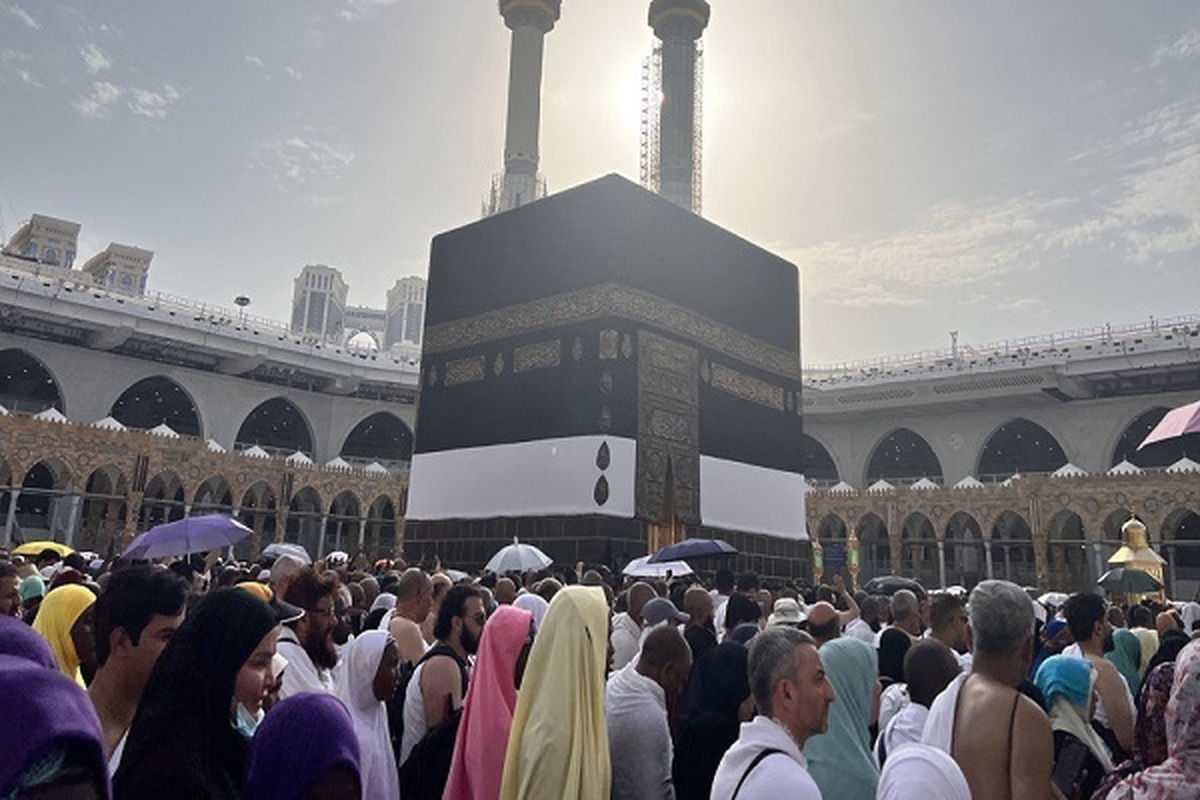Hajj A Major Cultural Congress


During the Hajj season, Muslim thinkers from across the Muslim world gather in Mecca, and this creates a venue for cultural interactions and the exchange of thoughts.
The presence of Muslims from different parts of the Muslim world in Hajj can be the most effective factor for cultural interaction and exchanging thoughts, especially given the fact that the Hajj pilgrims are from various social groups and races and speak different languages.
According to Hadiths, one of the benefits of Hajj is promotion and spread of the news and teachings of the Holy Prophet (PBUH) all over the Muslim world.
Hisham ibn Hakam, a scholar, asked Imam Sadiq (AS) about the philosophy of Hajj and the Tawaf (circumambulation of the Kaaba). Imam Sadiq (AS) replied: “God created the servants… and for the welfare of their worldly and religious affairs, He sent down His commandments for them, one of them being the congregation of people from the East and the West (for the Hajj rituals).
This, in order that Muslims become acquainted with one another, become aware of the states of each other, and (so that) every group transfers its business investments from one city to another… and in order that the memories and traditions of the Holy Prophet (PBUH) and his progeny (AS) become known and people bring them to mind and do not forget them.”
Read More:
During the times of repression when oppressive rulers did not allow the spread of the teachings of Islam, Muslims used the opportunity of Hajj to meet with the Infallible Imams (AS) and religious scholars to learn about Islamic rules and the Sunnah of the Holy Prophet (PBUH).
It would be a pity if the borders separating Muslim countries led to the cultural separation of the followers of Islam, with the Muslims of each country thinking only of themselves. This would lead to the disintegration and collapse of the Islamic Ummah. And Hajj can prevent such an ominous tragedy.


